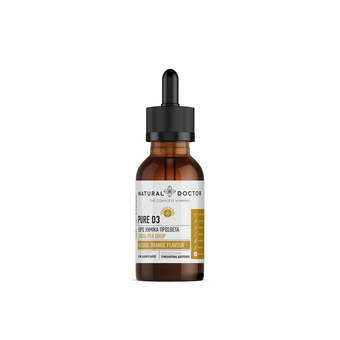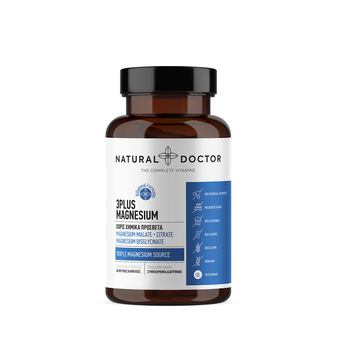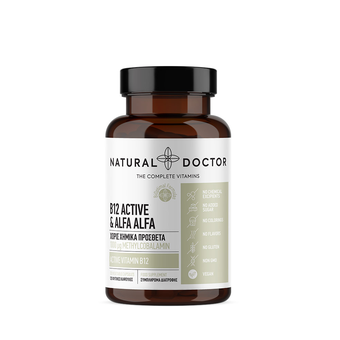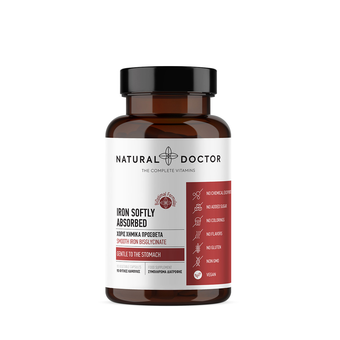4 common nutrient deficiencies
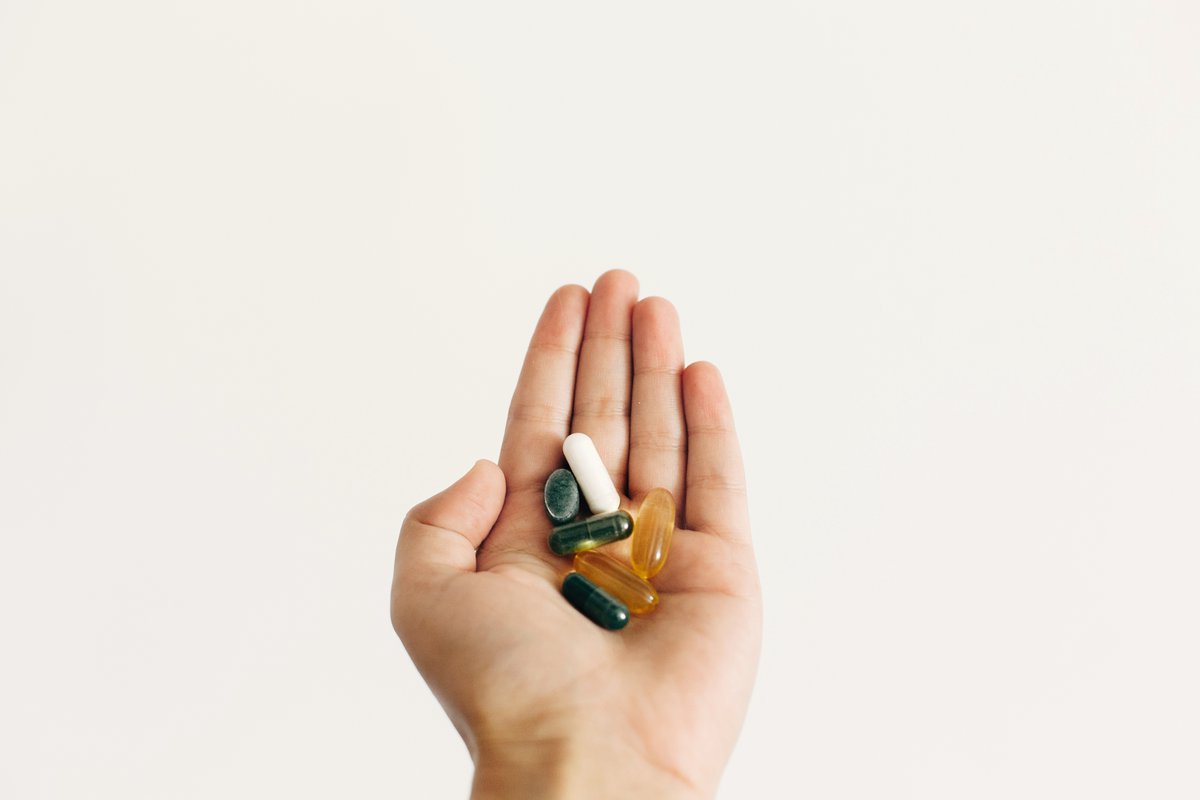
The normal functioning of the body requires multiple nutrients. While you can get the nutrients you need from a balanced diet, a typical Western diet is low in many of them.
Listed below are the four most common vitamin and mineral deficiencies.
Vitamin D deficiency
Vitamin D is a fat-soluble vitamin that looks like a steroid hormone in the body. It ends up in cells through the bloodstream, where it activates or deactivates genes. Every cell in the human body contains a vitamin D receptor.
Vitamin D is produced from cholesterol in the skin during sunlight exposure. As follows, people not close to the equator are likely to be deficient in this vitamin unless their dietary intake is adequate, or they consume nutritional supplements. In the United States, about 42% of the population is deficient in vitamin D. This number rises to 74% in elders and 82% in people with dark skin, as their skin produces less vitamin D in response to sunlight.
Due to the lack of apparent symptoms, vitamin D deficiency is not easily noticeable and can increase over time. Adults with a lack of vitamin D may experience loss of bone mass, fractures, and muscle weakness. In children, it can also cause growth retardation and brittle bones.
People with vitamin D deficiency may need to take dietary supplements or increase their daily sun exposure since getting adequate amounts through diet alone is challenging. In previous years, recommendations to avoid sunburn and overexposure to the sun eventually led to almost completely avoiding the sun.
According to published research in the scientific journal "Journal of Internal Medicine", women who sunbathe live longer than those who avoid sun exposure. Research has shown that avoiding the sun can be as harmful as smoking. The researchers found that women who were exposed to sunlight had a lower risk of cardiovascular disease and other diseases, such as diabetes, multiple sclerosis, and lung disease, compared to those who repeatedly avoided the sun.
The most striking found of the research was that the benefits of exposure to solar radiation were increasingly more significant as the hours of exposure to the sun increased.
Symptoms of vitamin D deficiency include:
- increased risk of fractures
- soft and fragile bones in children
- bone loss
- muscle weakness
The safest form of vitamin D3 is cholecalciferol because it is the one produced in the body by exposure to the sun. Cholecalciferol which is activated in the body only when needed, is contained in liquid form in Pure D3 dietary supplement.
Magnesium deficiency
Magnesium is an essential mineral of the body, necessary for bone and teeth structure and is involved in more than 300 enzyme reactions. Nearly 70% of the US population under 71 consumes less than the required amount of magnesium.
Low magnesium intake is associated with health problems such as type 2 diabetes, metabolic syndrome, heart disease and osteoporosis.
The main symptoms of magnesium deficiency include:
- unusual heart rhythm
- muscle cramps
- restless leg syndrome
- Fatigue
- migraines
Rarer, long-term symptoms that may go unnoticed include insulin resistance and high blood pressure.
Not all forms of magnesium have the same degree of absorption, so we designed an advanced formulation nutritional supplement, the 3Plus Magnesium, with three different forms of magnesium with high absorption and bioavailability.
Vitamin B12 deficiency
B12 is a water-soluble vitamin. It is essential for the formation of blood and the functioning of the brain and neurons. Every cell in the body needs vitamin B12 for normal function, but the body is unable to produce it. Therefore, the intake of food or supplements is essential.
B12 is found in sufficient amounts in animal foods. Thus, people who do not consume animal products are at increased risk of deficiency. Studies found that up to 80-90% of people who also avoid consuming dairy, or any other ingredients derived from animals may be deficient in vitamin B12.
Even more than 20% of older adults may be deficient in vitamin B12 because absorption gradually decreases over time. The absorption of B12 is more complicated than other vitamins because it is aided by a protein known as an intrinsic factor.
Deficiency in this protein may need injectable B12 supplementation or more nutrition supplementation. Vitamin B12 is not considered harmful in large amounts because it is often more difficult to absorb and excrete easily.
Most vitamin B12 supplements contain the synthetic form of vitamin B12, cyanocobalamin. Methylcobalamin is the active and absorbable form of vitamin B12 and is found in the nutritional supplement B12 Active & Alfa Alfa.
Iron deficiency
Iron may be the most essential mineral, as it is one of the main components of red blood cells that binds to haemoglobin and transports oxygen to the cells.
The two types of dietary iron are:
- Heme iron. This type of iron is easily absorbed. It is only found in animal foods, with red meat predominating in high amounts.
- Non-heme iron. Non-heme iron is found in both animal and plant foods. It is not as readily absorbed as heme iron.
Iron deficiency is a common nutrient deficiency, affecting more than 25% of the population worldwide. The percentage rises to 47% in preschool children who do not consume iron-rich or iron-fortified foods and are more likely to be iron deficient later.
Also, about 30% of menstruating women may be deficient due to monthly blood loss and up to 42% of young, pregnant women. In addition, vegetarians and vegans, because they consume only non-heme iron, which is not absorbed like heme, have an increased risk of deficiency.
One of the most common symptoms of iron deficiency is anemia. In anemia, the number of red blood cells and the blood's ability to transport oxygen decreases.
Symptoms of iron deficiency usually include:
- feeling tired
- weakness
- weakened immune system
- disturbed brain function
However, iron supplementation is only considered necessary if you really need it. Too much iron intake can be harmful.
Usually, people with iron deficiency avoid common iron supplements they cause discomfort in the gut and stomach. A soft form of iron, with high degree of absorption that is soft to the stomach and gut, is iron bisglycinate which is contained in the nutritional supplement Iron Softly Absorbed.
Ιn conclusion
The best way to prevent or avoid deficiency is to maintain a balanced diet that includes whole, nutrient-dense foods. However, supplements are usually necessary to obtain sufficient amounts of vitamins for the body's normal functioning.
